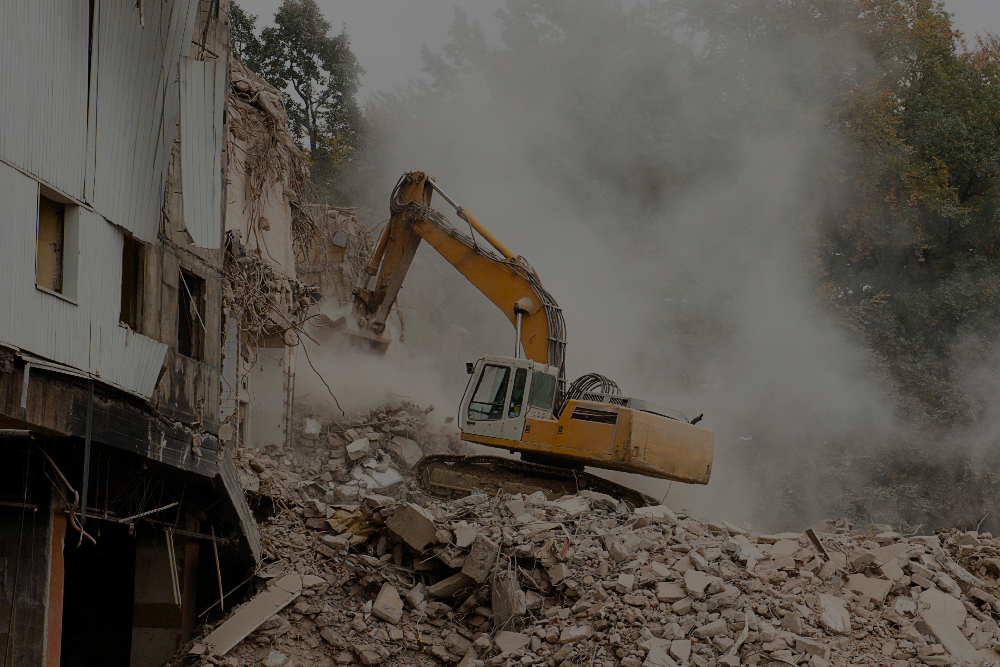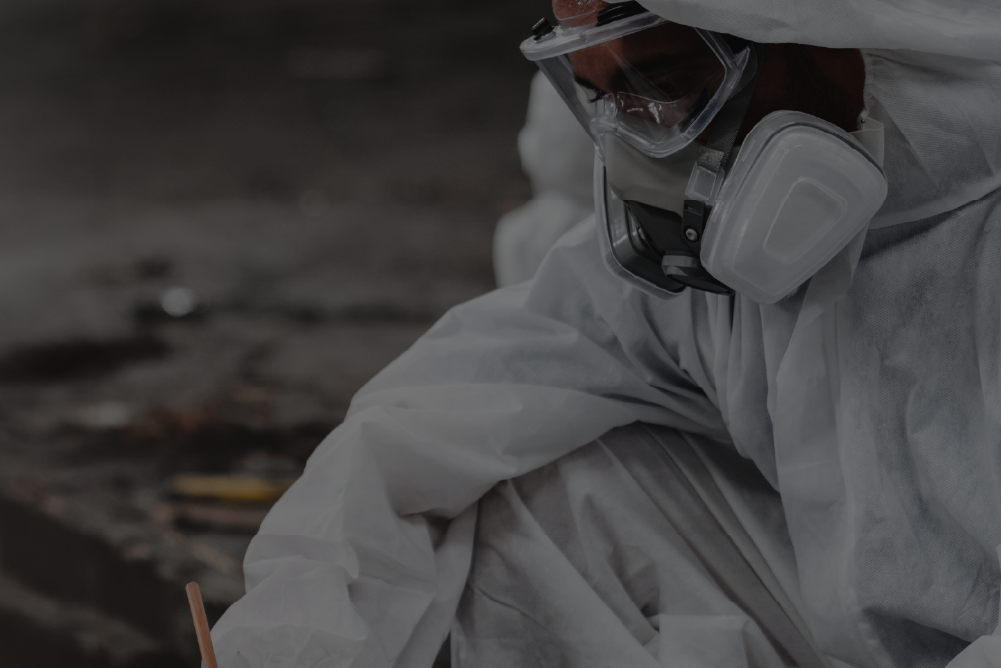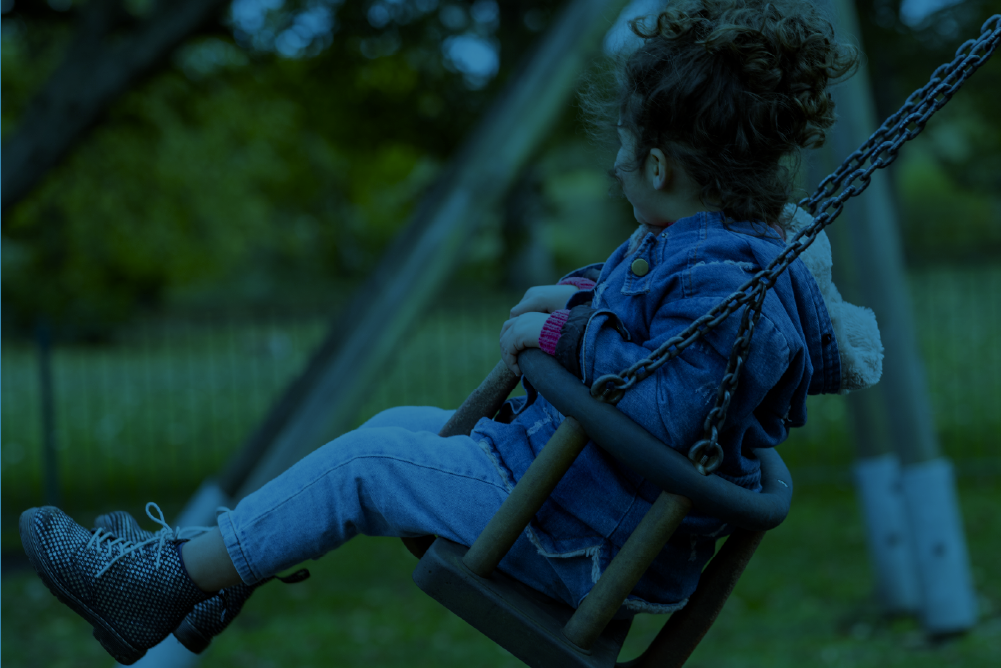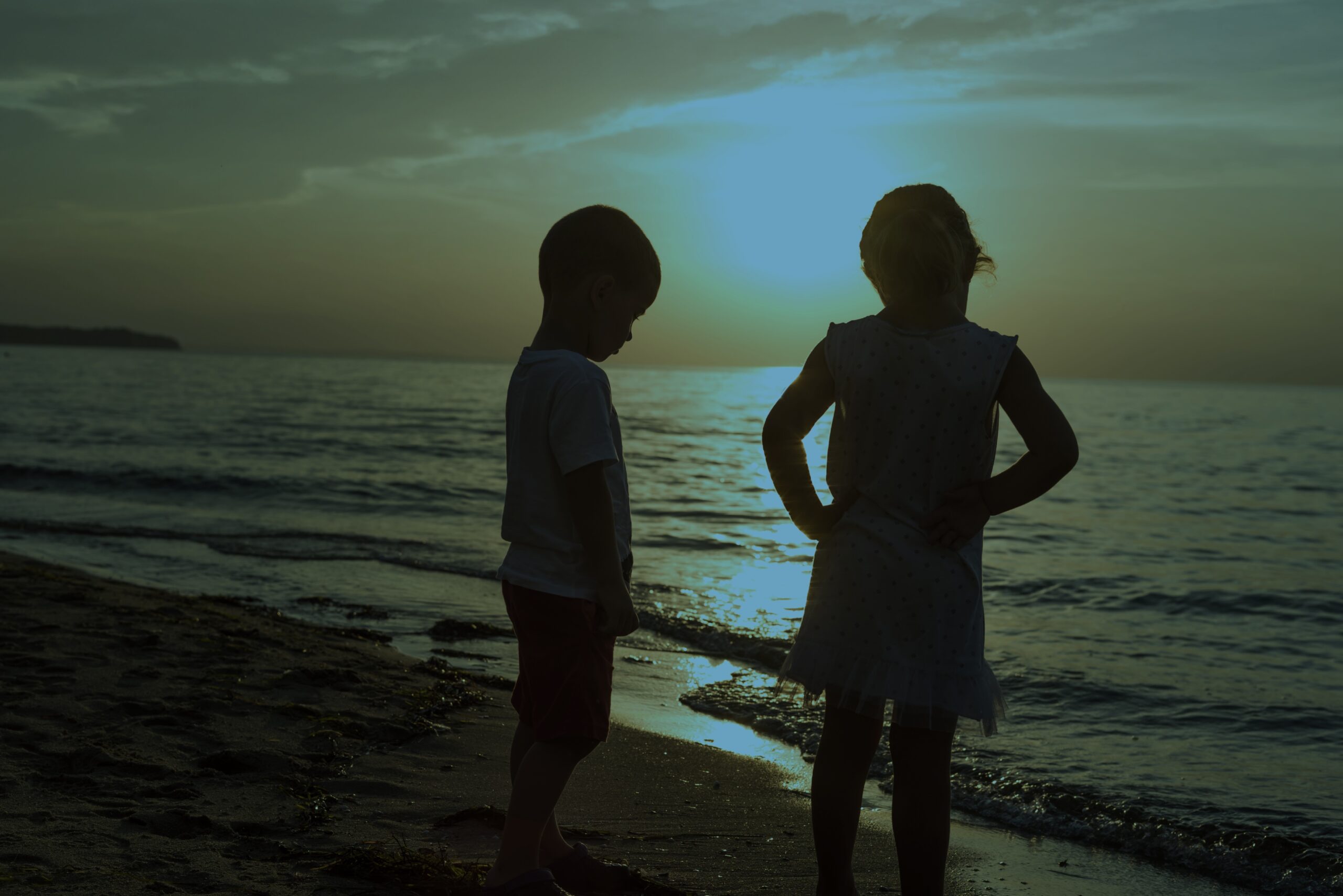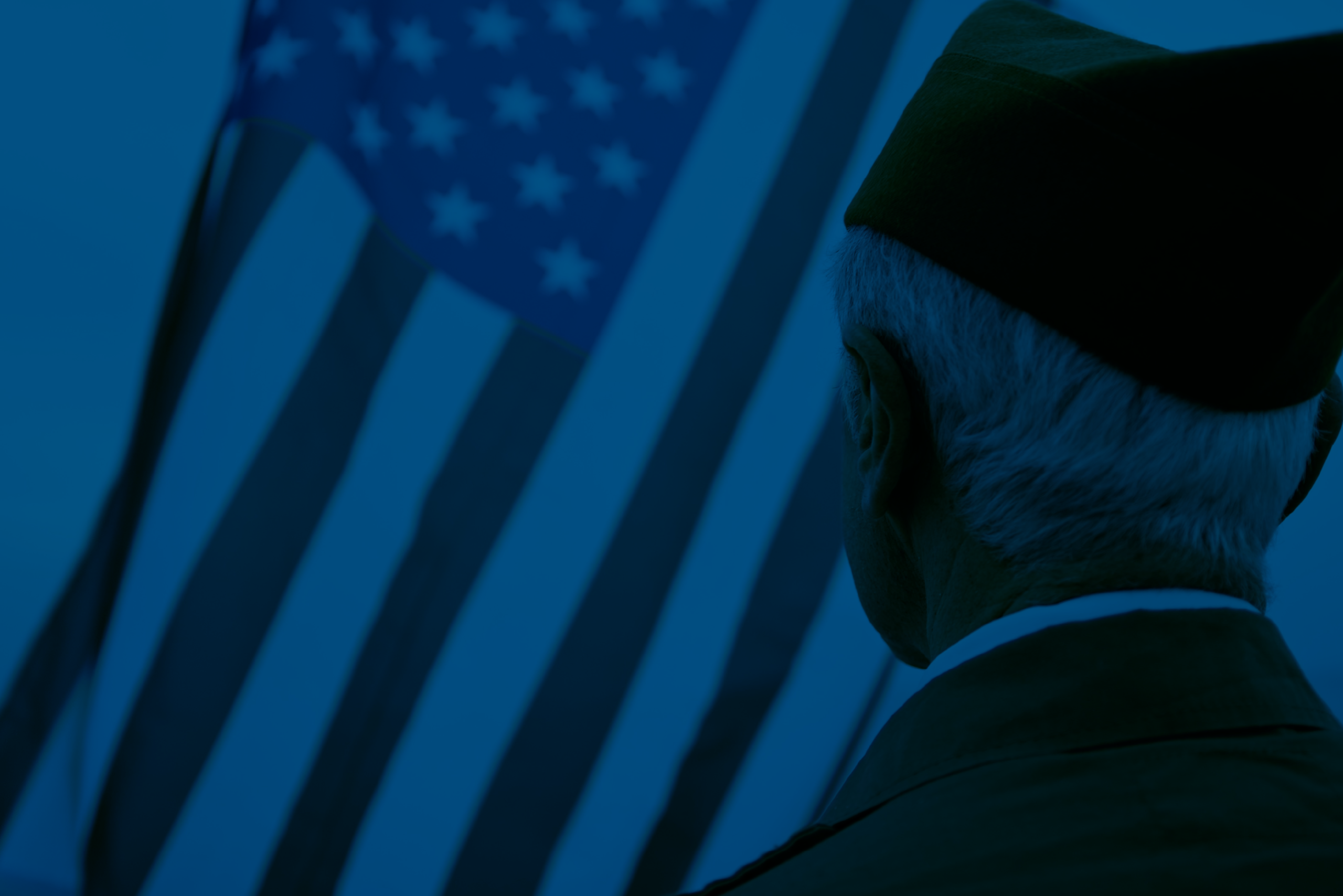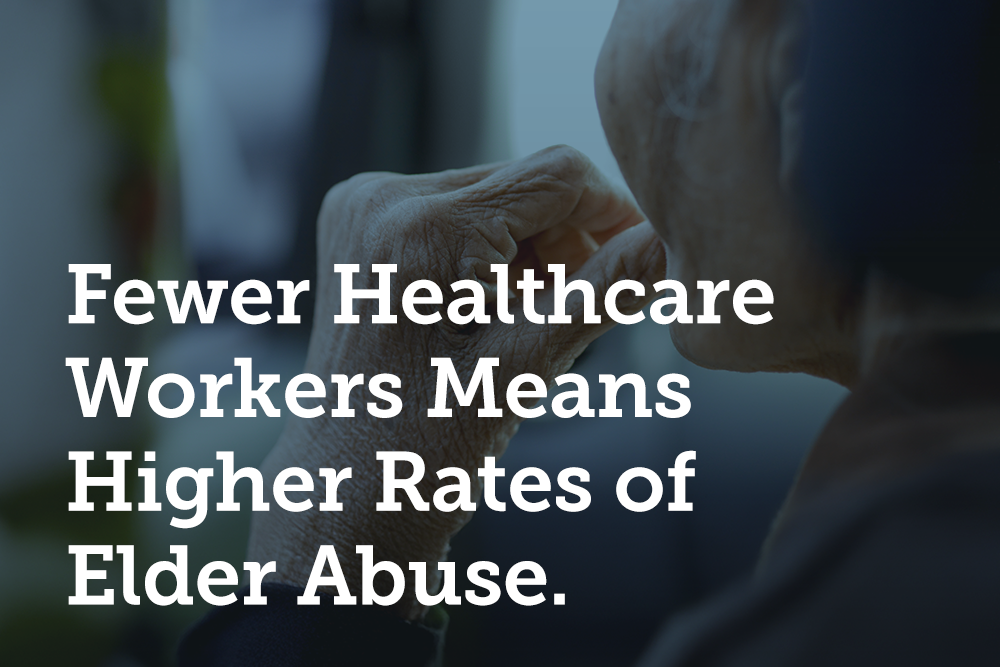
The state’s healthcare system is facing a growing crisis that puts the state’s kupuna—our cherished elderly residents—at serious risk. Hospitals and care facilities across the islands are struggling to fill 4,600 vacant medical staff positions. According to the Healthcare Association of Hawai’i (HAH), the situation is so severe that it’s directly affecting the quality of care for seniors. Now, healthcare leaders are sounding the alarm about the growing gap between available caregivers and the needs of the state’s aging population.
The Impact on Nursing Home Care
Nursing homes and long-term care facilities are being hit the hardest. Hawaii currently lacks more than 600 certified nurse aides and over 300 nursing assistants. Home health aides are also experiencing a 30% vacancy rate.
These roles are critical in ensuring the well-being of elderly residents. As Wes Lo, CEO of Ohana Pacific Health, told the Honolulu Star-Advertiser:
“As people age, their healthcare needs grow more complex, with potentially more severe illnesses. We are seeing greater demand for nursing home beds and home health. Certainly, the aging population is starting to catch up with us.”
In other words, seniors need more specialized care, precisely when there aren’t enough trained professionals to provide it.
We can help.
Ongoing Concerns in Hawaii’s Nursing Homes
Quality concerns in Hawaii’s nursing homes aren’t new. A 2019 federal investigation flagged six facilities for serious issues:
- Kulana Malama (Oahu)
- Kuakini Geriatric Care (Oahu)
- Wahiawa General Hospital (Oahu)
- Legacy (Big Island)
- Kohala Hospital (Big Island)
- Samuel Mahelona Memorial Hospital (Kauai)
All six were placed on the Centers for Medicare & Medicaid Services (CMS) list of troubled nursing homes. With facilities already facing quality challenges and now severe staffing shortages, residents and their families are left in an increasingly vulnerable position.
Types of Elder Abuse
Elder abuse in care settings can be difficult to detect because it often occurs behind closed doors. According to the National Council on Aging some of the most common forms include:
- Physical Abuse – Hitting, pushing, or misuse of restraints that result in injury or pain.
- Neglect – Failure to provide basic needs like food, water, medication, hygiene, or supervision.
- Emotional Abuse – Verbal harassment, isolation from loved ones, or humiliating treatment.
- Financial Exploitation – Stealing possessions, unauthorized charges, or manipulating documents.
- Sexual Abuse – Any unwanted sexual contact with an elderly person who cannot consent or resist.
Recognizing the Signs of Abuse or Neglect
When facilities are understaffed, the risk of neglect and abuse increases. Families should be alert to:
- Unexplained bruises, pressure sores, weight loss, poor hygiene, or an unkempt appearance
- Withdrawal, depression, anxiety, or fear around certain staff members
- Unanswered call buttons, residents left alone, unsanitary conditions, or visibly stressed staff
- High staff turnover, lack of transparency, or limited communication with family members
How to Report Nursing Home Abuse in Hawai’i
Each state has its own series of numbers to call if you suspect a loved one is being mistreated. Here are the numbers to call in Hawaii:
- Call 911 if someone is in immediate danger.
- Report concerns to Hawaii Adult Protective Services: 808-832-5115
- Contact the Hawaii Long-Term Care Ombudsman: 808-586-7268
- File a complaint with the Office of Health Care Assurance: 808-692-7227
- Keep a detailed log of incidents, including dates, times, and any photos or documentation.
- Consult one of our elder abuse attorneys to protect your loved one’s rights.
Why Advocacy Matters More Than Ever
The state’s aging population and critical caregiver shortage are creating a domino effect throughout the healthcare system. When nursing homes and long-term care facilities don’t have the staff to admit or care for new residents, hospitals are forced to keep elderly patients longer than necessary. That leads to backlogged emergency rooms, longer wait times, and strained hospital resources—affecting patients of all ages. This isn’t just a crisis for elder care—it’s a growing challenge for the entire healthcare system. Now more than ever, we must advocate for stronger protections, better staffing solutions, and accountability to ensure Hawaii’s kupuna receive the care and dignity they deserve.
About Galiher DeRobertis & Waxman
Galiher DeRobertis & Waxman is a nationally renowned personal injury law firm dedicated to advocating for Hawai‘i families in personal injury and wrongful death cases involving mesothelioma, birth defects, herbicide and pesticide exposure, sex abuse and defective products, as well as fraud on government contracts. No Kou Pono. We are Hawai‘i attorneys who have been working on your behalf for over 40 years. To learn more how we can help or for a free consultation, contact us.

